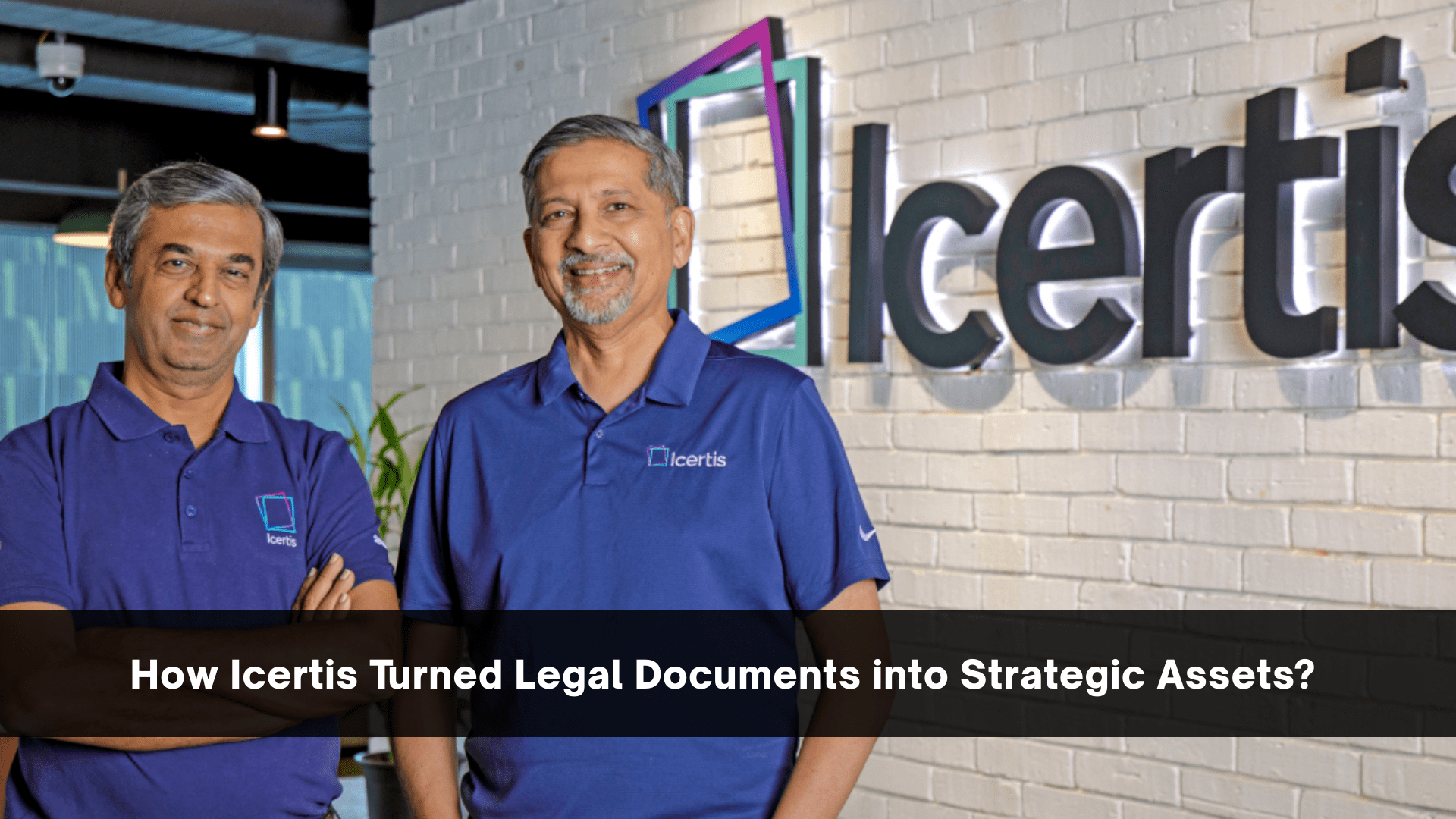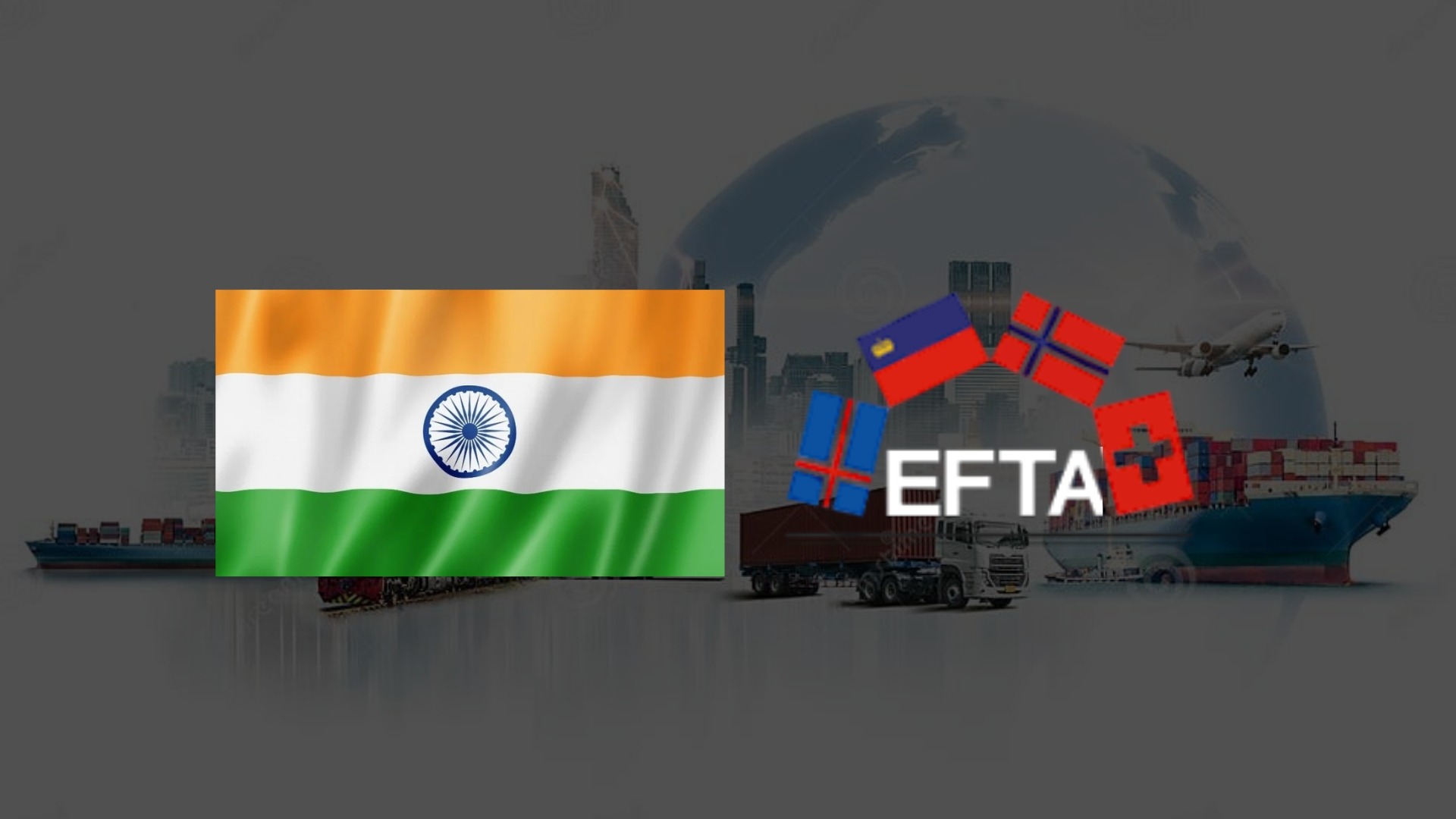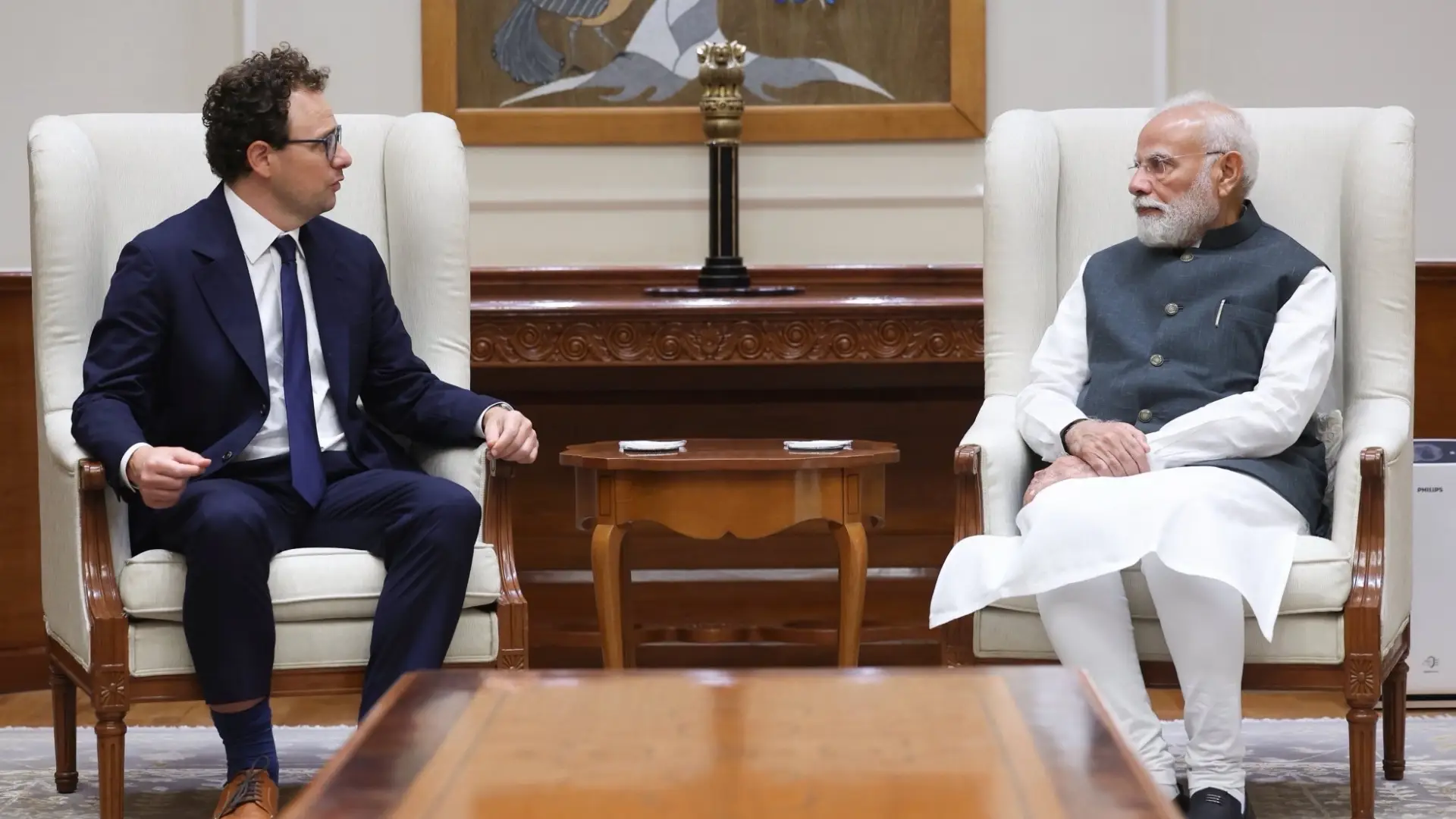What is the most crucial part of the business’s daily operations? There are many, yet the contracts and the agreements that we make with suppliers, buyers, and other companies are most crucial. When a contract is made, it gives clarity and confidence for the business over the period.
For example, let’s take a global car manufacturer working with 15,000 suppliers across 40 countries. Each supplier agreement has details about pricing, delivery deadlines, warranties, and penalties. Now, for suppose one crucial supplier misses a delivery. Is there a clause that covers delays due to raw material shortages? Which contracts need renegotiation before the next production cycle?
If we refer to the contract, we will find the answer to it. Even if we miss a single clause, that could lead to delays, fines, or even product recalls worth millions. These are everyday realities and problems of global business. Not just for giants, but for every business, these are important.
Exactly. This is where we need to realize the importance of contracts, because they are running the world. Every rupee a company earns or spends is governed by one contract. For many decades, contracts have been treated as static documents that are signed, stored, and forgotten. This leads to billions in lost opportunities, missed renewals, compliance failures, and disputes every year.
This is where technology helps generally. So, what if a tech or a process could change all of that? This is where the contract lifecycle management (CLM) work. These are a way to turn contracts from dead paperwork to living, data-driven assets. Whether you believe it or not, this amazing revolution was led by an Indian-origin SaaS company called Icertis.
Icertis today manages over 10 million contracts across 90+ countries, serving giants like Microsoft, Daimler, and Airbus. Icertis was founded in 2009 by two Indian entrepreneurs, Samir Bodas and Monish Darda, who saw an untapped opportunity in the way companies managed contracts. At the time, most businesses were still handling contracts through scattered documents, spreadsheets, and emails, which led to inefficiency, compliance risks, and missed financial opportunities.
Bodas and Darda believed that contracts were more than legal documents, and they were the foundation of every commercial relationship. With this vision, they launched Icertis in Pune, India, and later expanded to the U.S., positioning it as a global enterprise software company. From the beginning, the idea was clear: build a cloud-based, AI-powered Contract Lifecycle Management (CLM) platform that could simplify, secure, and supercharge how organizations handle contracts. What started as a small venture grew into a category-defining company, now trusted by Fortune 500 giants worldwide.
The company has scaled up so fast and big that it entered the unicorn club in the year 2019. Icertis has secured over \$522 million in funding from marquee investors such as Premji Invest, B Capital, and Silicon Valley Bank. Today, it is valued at over \$5 billion, making it one of the most successful enterprise SaaS companies to emerge from India. Its Indian arm, a crucial part of its global operations, reported ₹863 crore in revenue in FY24, reflecting a strong 33% year-on-year growth.
But what we need to understand is how this company has managed to become a successful SaaS company and become part of Fortune 500 business operations. Most companies consider contracts as a document and won’t really care much. This is where Icertis positioned contracts as strategic assets that directly drive revenue, ensure compliance, and mitigate risk. This category-defining narrative made businesses see contract management as priority. That vision gave Icertis a massive head start.
And the early mover advantage is there for the company. When the company was founded in 2009, cloud adoption was not so high. But the company built its platform cloud-first. Later, the company has expanded on AI and machine learning, helping customers to extract insights from millions of contract clauses and identify new opportunities.
Icertis also designed their CLM for various industries, each according to the needs and requirements. For example, Daimler uses Icertis to manage supplier contracts across continents, while Microsoft uses it to handle partner agreements at scale. This also helped the company to be one of the main parts of the daily operations of these top companies.
Another reason why it scaled up so fast is because of the partnerships. It works closely with Microsoft to run on Azure and develop new solutions, while SAP integrates Icertis directly into its ERP and procurement systems. Companies like Accenture not only use Icertis internally but also deliver it to clients around the world. Leading firms such as Infosys, Wipro, Deloitte, KPMG, Capgemini, and PwC provide consulting, integration, and implementation support to scale Icertis for enterprises. To complete the digital contract process, partners like Adobe and DocuSign bring in trusted e-signature solutions.
So, these partnerships also empower the company to scale up so fast. This is how an Indian company is helping MNCs and minting crores.
Read Also: How Rapido Disrupted Ola & Uber with Its Driver-Centric Model?








